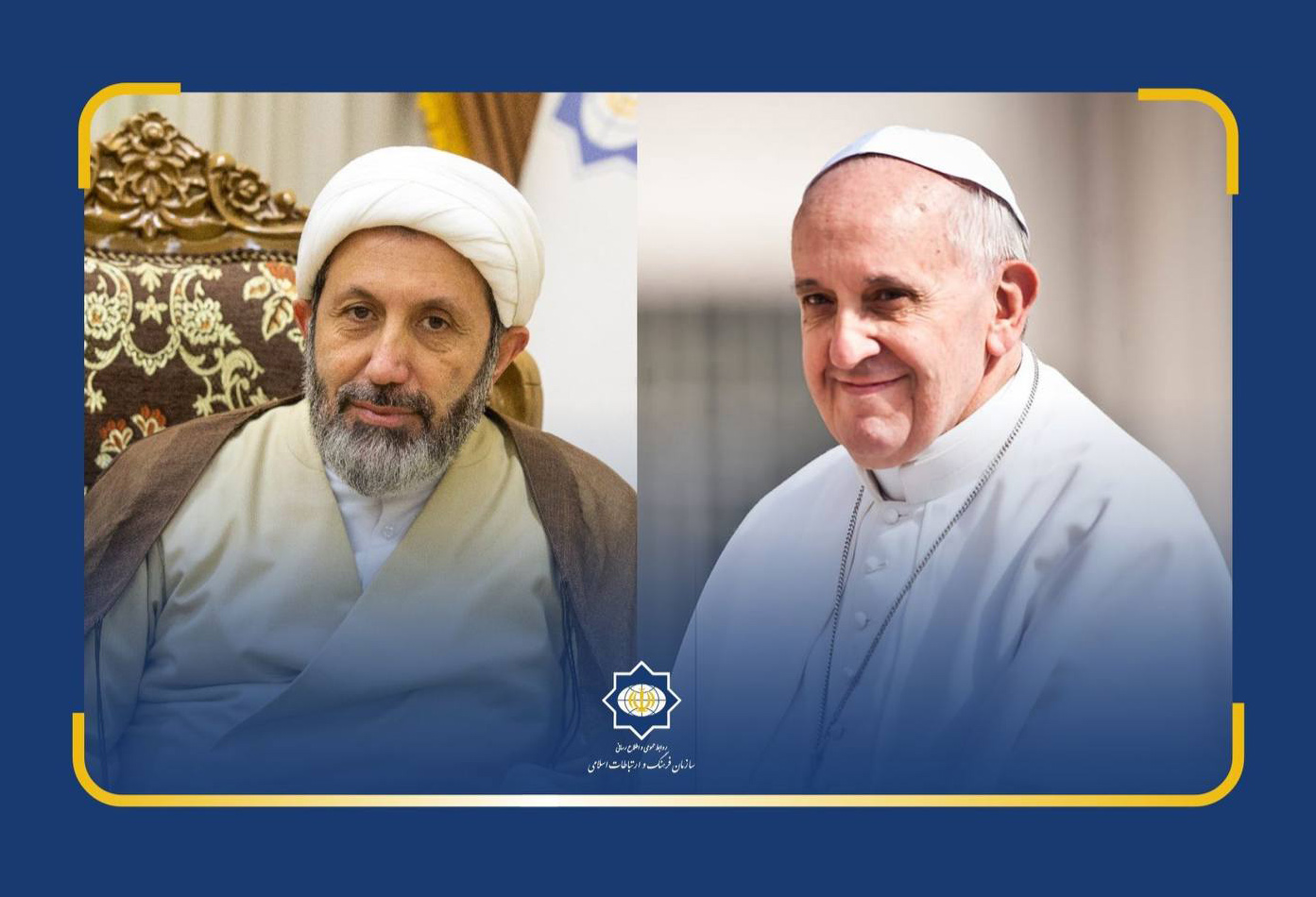Pope asks all believers to work for peace in a world threatened by nuclear war
In our world “divided and rent by hatred, hostility, wars and the threat of a nuclear conflict,” Pope Francis appealed to all believers in the God of Peace “to pray and work for dialogue, reconciliation, peace, security and the integral development of all humanity.”

In our world “divided and rent by hatred, hostility, wars and the threat of a nuclear conflict,” Pope Francis appealed to all believers in the God of Peace “to pray and work for dialogue, reconciliation, peace, security and the integral development of all humanity.”
His words came on Wednesday morning as he received in audience participants in the XII Colloquium between the Dicastery for Interreligious Dialogue and the “Centre for Interreligious & Intercultural Dialogue” in Teheran.
Upholding the theme of Education chosen by the Colloquium, he said “The commitment to peace that we can demonstrate together will make us credible in the eyes of the world and above all to future generations.”
Culture of dialogue
The Pope expressed appreciation for the long-standing cooperation between the two entities demonstrated by the Joint Colloquium, noting that it fosters what he called the critically important culture of dialogue.
He also pointed to his decision to elevate the Archbishop of Tehran-Ispahan, Dominique Joseph Mathieu, to the College of Cardinals, a decision, he explained, that expresses his “closeness and concern for the Church in Iran, and in turn honours the entire country.”
The family: the primordial place of education
Focusing on the theme chosen for this Colloquium: “The Education of Young People, particularly in the Family: A Challenge for Christians and Muslims”, the Pope said: “What a beautiful topic! The family, the cradle of life, is the primordial place of education.”
“It is in the family that we take our first steps and learn to listen to others, to acknowledge and respect them, to help them and to live with one another in harmony,” he said.
He noted that one common element of our different religious traditions is the contribution made by the elderly to the education of the young, and he reaffirmed his belief in the invaluable witness of grandparents for the growth of young people.

Interreligious marriage
The Pope shone the light on the common educational challenge for both Christians and Muslims represented by the “complex reality of marriages involving disparity of cult.”
Quoting from the Apostolic Exhortation Amoris Laetitia, he said “It is easy to see that such family settings represent a privileged place for interreligious dialogue.”
Lamenting how the weakening of faith and religious practice in some societies has a direct impact on families that are impacted by a rapidly changing world, the Pope expressed his belief that “to fulfil better its educational mission, the family needs the full support of everyone, including the state, the school, its religious community and other institutions.”
Encounter with the whole human family
The Holy Father noted that interreligious dialogue “enables us to step out of our own familiar patterns of thinking and acting, and to be open to encounter within the greater human family.”
However, he said, for dialogue to be fruitful, “it must be open, sincere, respectful, friendly and concrete.”
Freedom of conscience and religion
Finally, the Pope shed light on how as we educate the younger generation “we must never tire of speaking and working for the dignity and rights of every person, every community and every people,” and he upheld freedom of conscience and religion as “the cornerstone of the entire edifice of human rights.”


Write your comment.